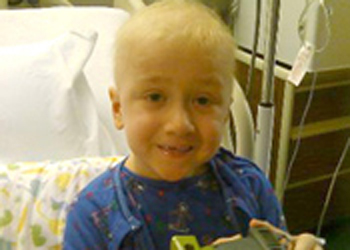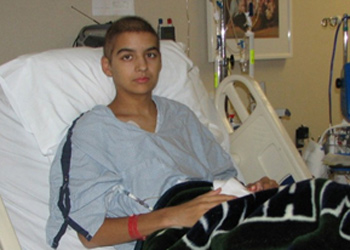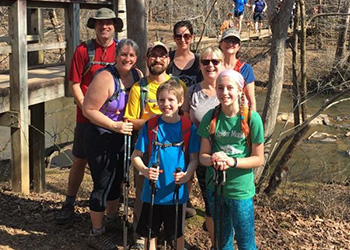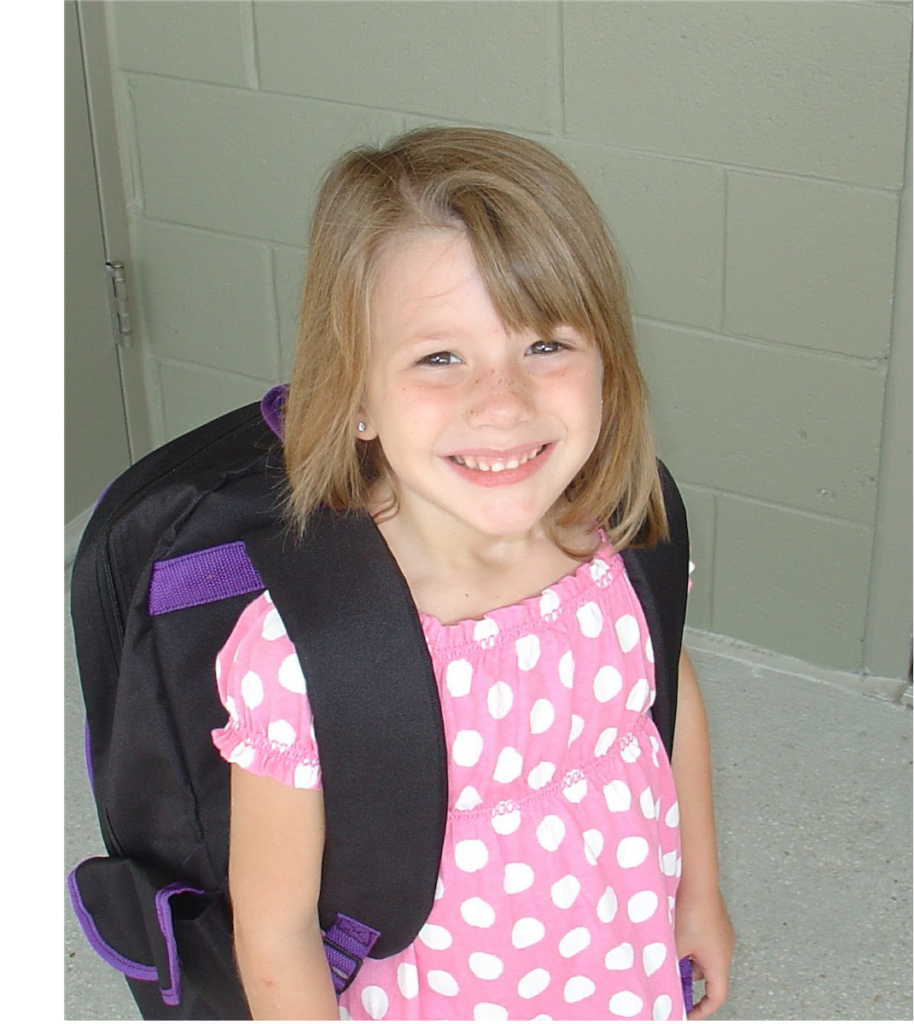
When her daughter Kaitlyn was diagnosed with Diffuse Intrinsic Pontine Glioma (DIPG), Stacey Jenkins was told that the cancer was likely to take her life within six to ten months.
She learned that this deadly cancer attacks the area of the brain that controls essential functions—breathing, chewing, swallowing, hearing, taste and balance—and surgery was not an option.
In December 2010, Stacey and her family entered this terrifying new world, and it had happened so quickly. Just weeks before, Kaitlyn seemed fine. Suddenly, the 7-year-old developed some problems with her vision and her balance was off. She was seen by her primary care physician who sent her for a MRI. Kaitlyn was then admitted to All Children’s Hospital where she was diagnosed with DIPG.
“The treatment process was very stressful for Kaitlyn and hard for all of us. Her radiation began in January 2011 at Moffitt Cancer Center located at Tampa General Hospital and she had her last dose on Valentine’s Day. At that point, she was able to go back to her life, playing with her cousins and pets, telling jokes and singing (sometimes her own made up songs). Her goal in life was to make you laugh,” Stacey shared.
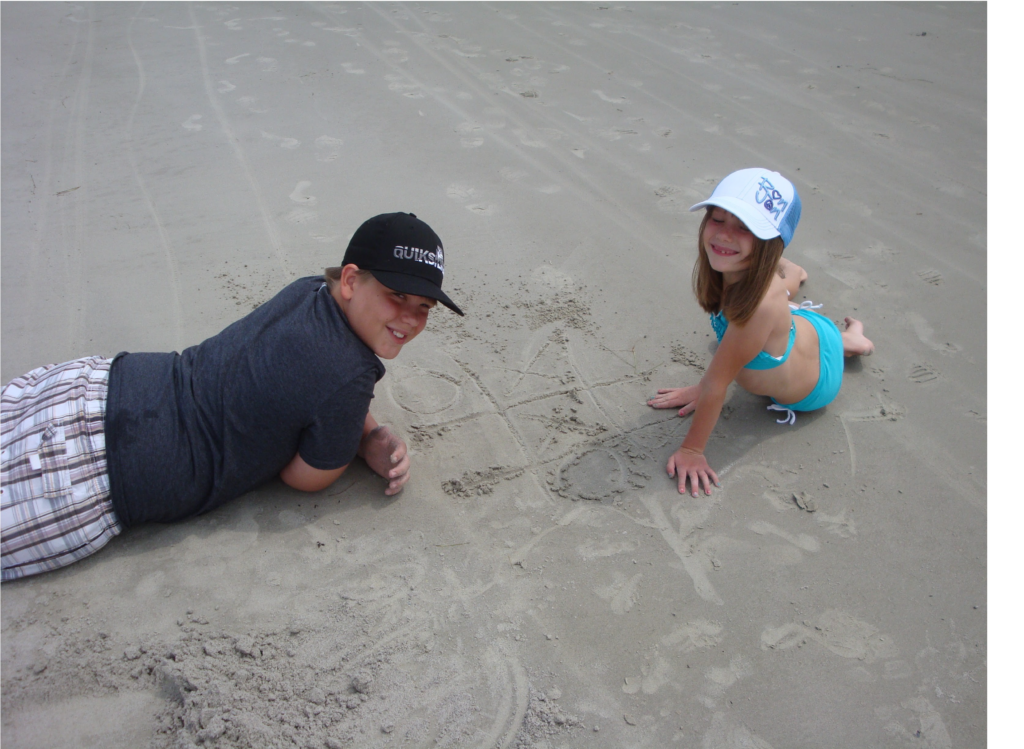
“We made the decision to make our family our priority—to make lots of memories and enjoy the remaining time we had together. We traveled and took a lot of pictures. But by June, Kaitlyn started to have difficulties again. Her balance started going. One day she could walk and the next day, she couldn’t. Then, she couldn’t sit up or talk and had difficulties swallowing.“ Kaitlyn died on Halloween.
“There is so much work that needs to be done to find new treatments. When we found out about CureSearch, we signed up to take part in the CureSearch Tampa Bay Walk. Kaitlyn was able to participate in our first walk, riding in a wagon. We have been active ever since, raising funds and awareness. We don’t want any other families to lose their children to cancer. Even though we can’t all get together in a large group event this year due to Covid-19, small groups will be walking to support Kaitlyn’s Krewe Team and raise funds for research in her honor.”
Unfortunately, the Jenkins’ experience is not unique. DIPG is a highly aggressive brain tumor with a 5-year survival rate of less than 1%. Patients generally live only 9-13 months after their diagnosis.
About DIPG and How CureSearch is Making an Impact
Brain cancers are the most prevalent cancers in children. Yet, research on tumor types with low survival rates are typically underfunded. At CureSearch, we are working hard to change that, funding trailblazing research in the areas of unmet need. To change the outcomes for children like Kaitlyn, we are currently funding two promising DIPG research projects at Stanford and at Yale.
CureSearch is committed to driving the strongest research into clinical trials and delivering treatments to help the 43 children diagnosed with cancer every day. Will you join us?

